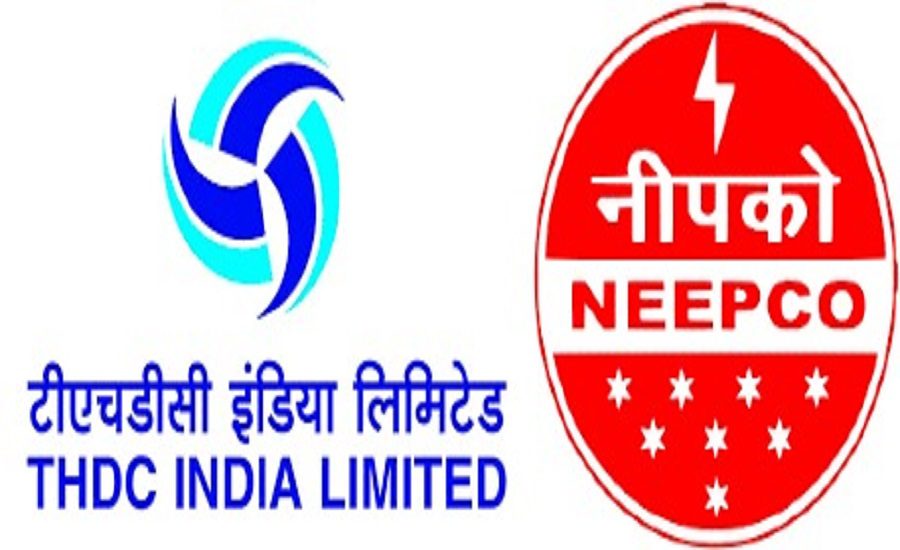New Delhi: In a strategic governance reform move, the Government of India has approved the restructuring of the boards of THDC India Limited (THDCIL) and North Eastern Electric Power Corporation Limited (NEEPCO), two wholly owned subsidiaries of state-run energy major NTPC Limited.
The changes are part of a broader effort by the Ministry of Power (MoP) to streamline management across public sector enterprises and enhance alignment among NTPC and its subsidiaries.
Read Also: THDCIL’s Rs. 600 Crore Corporate Bonds Series XIII Oversubscribed 11 Times, To Be Listed on July 23
Key Changes to the Board Structure
According to the official notification dated July 18, the restructured board format introduces several significant changes:
CMD Role Redesigned: The current Chairman and Managing Director (CMD) roles at THDCIL and NEEPCO will be re-designated as Managing Directors (MD).
Non-Executive Chairperson: The CMD of NTPC will now act as the non-executive Chairperson for both subsidiaries.
No Functional Directors: The posts of Director (Technical), Director (Finance), and Director (Personnel) at both entities will be abolished.
Board Composition Reduced: Each board will now consist of seven members, down from the existing 14:
- 1 Non-Executive Chairperson (CMD of NTPC)
- 1 Managing Director (to be selected via PESB and ACC)
- 2 NTPC/government nominee directors
- 3 Independent directors
Finance Oversight Remains with NTPC
With the removal of the Director (Finance) positions at THDC and NEEPCO, NTPC’s Director (Finance) will attend meetings where major financial decisions are made. This step ensures continued oversight and financial integrity during the transition.
Read Also: With NTPC’s Support, Garhwal Patti Khatli Mandal Felicitates Meritorious Students in Delhi
Revised Appointments via PESB
Future appointments of Managing Directors for both THDC and NEEPCO will be conducted as per the norms of the Department of Public Enterprises (DPE), through the Public Enterprises Selection Board (PESB) and approval by the Appointments Committee of the Cabinet (ACC).
Implications for Current Board Members
The ministry has stated that decisions regarding current board incumbents will be taken on a case-by-case basis. The Ministry of Power has been asked to submit a revised proposal incorporating the new structural suggestions.
Background: NTPC’s Acquisition of THDC & NEEPCO
In March 2020, NTPC acquired:
- 74.496% equity stake in THDC India Limited
- 100% equity stake in NEEPCO
Since then, both subsidiaries have operated under the NTPC umbrella, contributing to NTPC’s expanding generation portfolio, especially in hydropower and North-East regional energy projects.
Read Also: NEEPCO Signs ₹711 Crore Contract for 240 MW HEO Hydropower Project in Arunachal Pradesh
About THDCIL
THDCIL is a leading power sector Public Sector Enterprise (PSE) and a consistently profitable company. It was established in July 1988 as a public limited company under the Companies Act, 1956, to develop, operate, and maintain the Tehri Hydro Power Complex. THDCIL is now a subsidiary of NTPC Limited, with NTPC holding a 74.496% stake and the Government of Uttar Pradesh holding the remaining 25.504%, according to THDCIL’s website.
About NEEPCO
North Eastern Electric Power Corporation Limited (NEEPCO) is a Central Public Sector Undertaking (CPSU) under the Ministry of Power, Government of India. Established in 1976, NEEPCO is primarily engaged in the generation of electric power through hydro, thermal, and renewable sources. Headquartered in Shillong, Meghalaya, NEEPCO plays a vital role in meeting the power requirements of the North Eastern Region (NER) of India.
About NTPC
NTPC Limited is India’s largest energy conglomerate with roots tracing back to 1975. A Maharatna PSU under the Ministry of Power, Government of India, NTPC is primarily engaged in the generation and sale of electricity. With a diverse portfolio spanning coal, gas, hydro, and renewable energy, NTPC is committed to sustainable growth and environmental stewardship. The company also undertakes a wide range of CSR initiatives focused on education, health, skill development, and community welfare, reaffirming its role as a socially responsible corporate citizen.






























